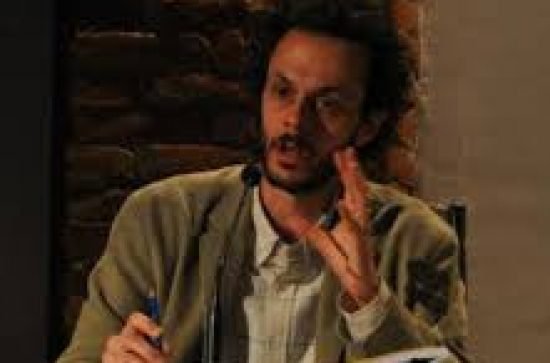
The Paralinguistic and Paramusical Voice in the Arts
The paper bases its considerations on the analysis of three cases, belonging to heterogeneous vocal artistic genres: contemporary classical music (particularly the use of extended vocal techniques as used by some Italian composers), singer-songwriter music (particularly the late works of Leonard Cohen), and performed poetry (specifically John Donne recited by Rosaria Lo Russo). In all three cases, the analysis focuses on that layer of vocal action which cannot be attributed to either language or music, and is therefore often overlooked in analysis, yet is essential in human communication. Indeed, a vocal action can be non-linguistic and/or non-musical, but it cannot be devoid of this layer, which we can define as extra- or paralinguistic (more precisely, para-phonetic) and extra- or paramusical (paramelodic). It precisely constitutes the specificity of vocal action, and thus of every vocal action, across all different arts.
Stefano Lombardi Vallauri is associate professor of musicology at the IULM University of Milan, general editor of the scientific journal «Nuove Musiche», president (2024-2026) of the cultural association Athena Musica, coordinator of the IULM unit for the NextGenerationEU project “Sounding images - Screening sounds” funded by the European Union. His research focuses on the aesthetics and analysis of contemporary music, both classical and popular. Among his publications are the monograph Dodecafonia postseriale. Gilberto Cappelli e Federico Incardona (2013); the co-edited works L’adattamento musicale (2024), L’arte orale. Poesia, musica, performance(2020), Jonathan Harvey (2019), La voce mediatizzata (2019); essays and book chapters on topics such as song covers, the experience of intimacy in technologically mediated song, the vocal female counter-order, or focusing on the voice in individual authors (e.g., Guaccero, Galás, Lo Russo, The Andre). He is editing, with Francesca Placanica, an issue of the journal «Nuove Musiche» on Voice and Technology (2025, forthcoming).
